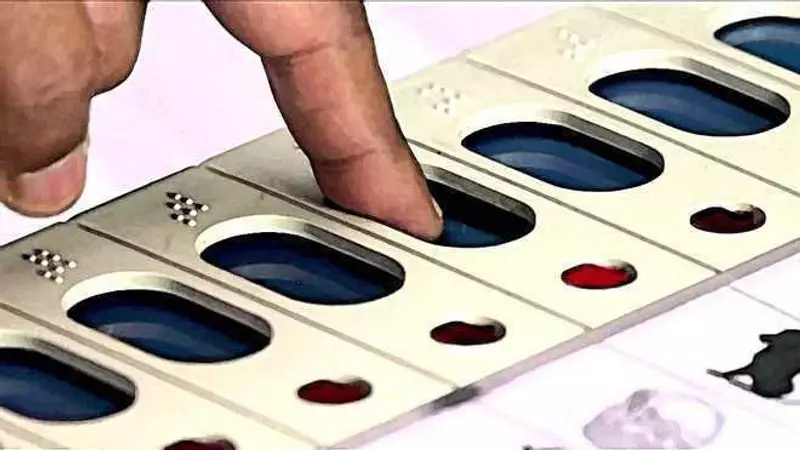
In a landmark political event that marks a new chapter in Jammu and Kashmir's democratic journey, the National Conference (NC) is set to secure three Rajya Sabha seats while the Bharatiya Janata Party (BJP) will claim one in the region's first Upper House election since it became a Union Territory.
Historic Moment for J&K Politics
The election, conducted on Thursday, saw 76 legislators casting their votes to fill four Rajya Sabha seats from Jammu and Kashmir. This represents the first such parliamentary election since the abrogation of Article 370 and the reorganization of the state into a Union Territory in 2019.
The National Conference, led by Omar Abdullah, emerged as the dominant force with its candidates – senior leader Syed Mohammed Altaf Bukhari, and women's rights advocate and former MLC Shazia Mir – expected to comfortably win their seats. The party's strong showing demonstrates its continued political relevance in the region.
BJP's Strategic Presence
Meanwhile, the Bharatiya Janata Party has secured one seat, with its candidate expected to represent Jammu and Kashmir in the Upper House of Parliament. This outcome maintains the party's presence in the region's parliamentary representation despite facing stiff competition from regional parties.
Electoral Mathematics and Alliances
The election process saw interesting political dynamics at play:
- The National Conference, with 67 members in the Legislative Assembly, had the numbers to comfortably secure three seats
- The BJP's calculated strategy ensured they captured one seat despite the NC's numerical superiority
- All 76 eligible legislators participated in the voting process, reflecting the significance attached to this historic election
This Rajya Sabha election is particularly significant as it represents the first major parliamentary electoral exercise in Jammu and Kashmir since the constitutional changes of 2019. The results will shape the region's representation in the national Parliament for the coming years.
Future Political Implications
Political analysts are watching these developments closely, as the outcome could influence future electoral strategies in the region. The National Conference's strong performance positions them as a key player ahead of potential assembly elections, while the BJP's presence ensures continued national party representation from the Union Territory.
The successful conduct of these elections marks an important milestone in Jammu and Kashmir's political normalization process and sets the stage for future democratic exercises in the region.






